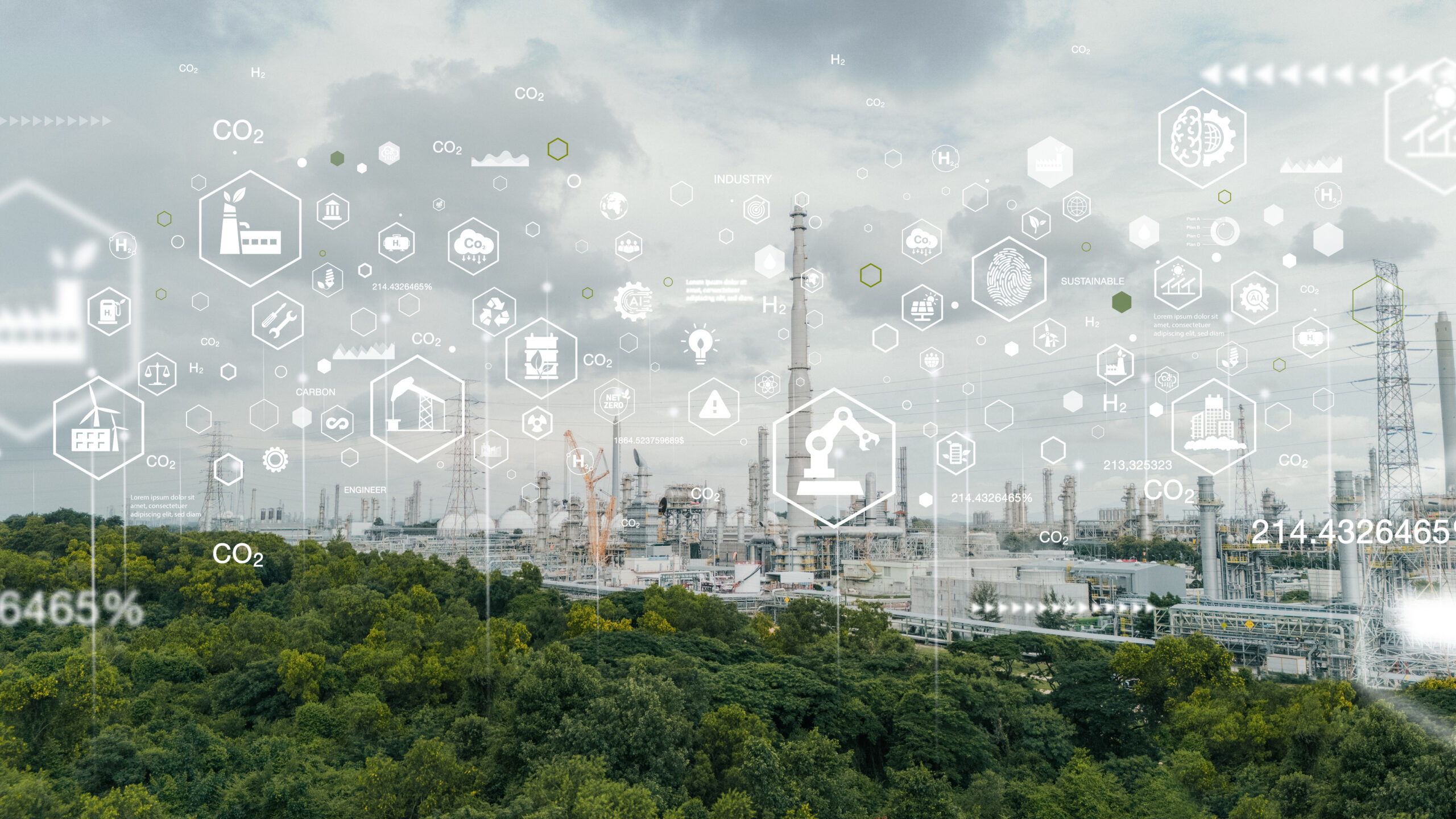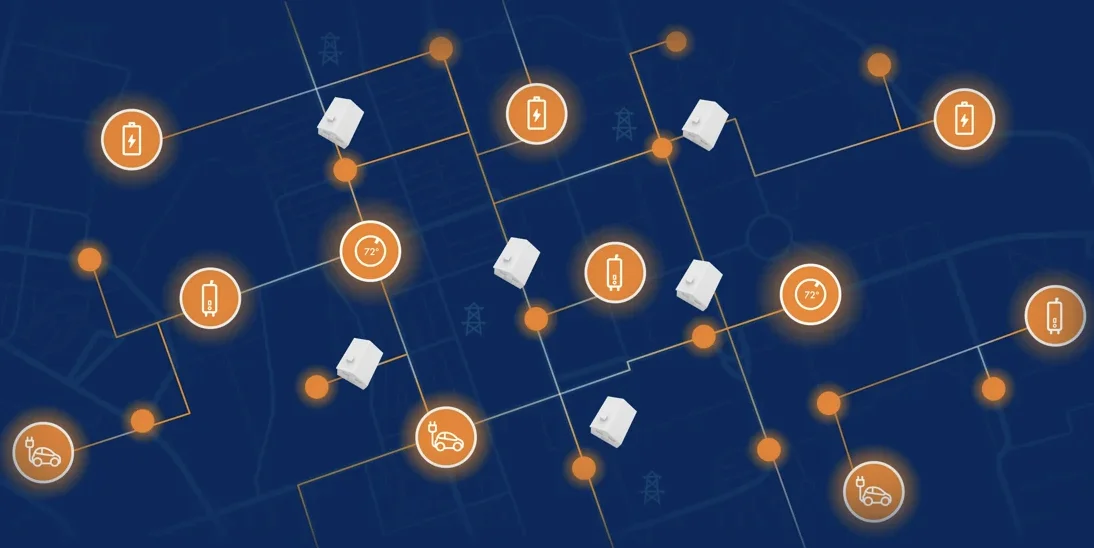Dealing with climate anxiety isn’t simply the fear of the growing risks of climate change or the need to harness the future of clean energy. According to a new poll from the American Psychiatric Association (APA), the physical repercussions of climate change can directly affect human psychology with 51% of the 2,210 Americans surveyed reporting anxiety about climate change and its impact on future generations.
Climate anxiety has led to a greater desire for clean energy at any cost, and that figure increases correspondingly per generation; 79% of surveyed Gen-Z participants reported that they would pay more to their electric company for green energy. Furthermore, climate anxiety is driving prosumer-driven distributed energy resources (DERs) and demand response markets. Is your utility operation prepared?
What Exactly is Climate Anxiety?
Climate anxiety, also known as “eco-anxiety,” is a term used to describe the feelings of distress, anxiety, or fear surrounding an environmental cataclysm. It stems from observing the seemingly irrevocable impact of climate change and the associated concern for one’s future and that of the next generations. Fortunately, with the proper preparation, global energy providers can mitigate climate change through affordable measures.
The Effects of Climate Anxiety
Climate anxiety has caused various psychological effects linked to post-traumatic stress disorder, depression, and serious mood disorders, but fortunately, these technologies present an opportunity to cultivate resilience at both the individual and the community level that are key to mitigating the mental health impact of climate change.
EV adoption
The widespread adoption of electric vehicles (EVs) is one solution to mitigating climate anxiety, and EV market growth reflects that shift to electrification. EVs minimize carbon output by reducing greenhouse gas emissions from transportation since they typically produce lower tailpipe emissions than conventional vehicles do. According to the US Environmental Protection Agency, transportation emits more greenhouse gasses than any other sector in the US due to its near-complete dependence on fossil fuels.
Electric vehicles also create the potential for vehicle-to-grid (V2G) charging and battery storage programs which provides more grid stability and reduced carbon dioxide emissions than simple controlled charging systems. The significance of V2G technology to climate change is that it can enhance the decarbonization of transportation and offer low-cost energy storage at a huge scale that optimizes renewable energy to power both the grid and EVs.
Prosumers
Over the past century, Earth’s average temperature has increased by approximately 0.6 degrees Celsius (1.1 degrees Fahrenheit). Increases in emissions of greenhouse gases trap heat in the atmosphere, capturing outgoing radiation that drives other changes further enhancing global warming. As the effects of climate change are increasingly apparent through weather emergencies like wildfires and temperature extremes, people are shifting from energy consumers to prosumers generating their power from distributed energy resources such as rooftop solar and electric vehicles.
The rise of prosumers highlights one of the most exciting trends in renewable energy making an important contribution to the energy transition and decarbonization. These emerging technologies can help preserve the natural environment, drive economic development, and provide Americans with more energy choices – spurring even greater competition and innovation in the energy sector.
Energy Conservation
Energy conservation plays another key role in tackling climate anxiety, a task made all the more urgent by the recent rise in emissions and the limited time to achieve mitigation targets. Demand response programs are one way to help conserve electricity as they allow utilities to automatically adjust their customers’ energy consumption through the use of smart devices, including wi-fi-controlled thermostats, water heater switches, and electric vehicle chargers.
In light of the demand for climate change disclosure, the climate, environmental, social, and governance (ESG) movement has grown in popularity easing the anxiety of a practice known as “greenwashing,” where an investment or company claims to be environmentally friendly but may not be. A good ESG rating means a company is managing its environment, social, and governance risks well relative to its peers. A poor ESG rating is the opposite: the company has relatively higher unmanaged exposure to ESG risks with key environmental issues falling under the categories of climate change, natural capital, pollution and waste, and environmental opportunities.
What is Climate Anxiety Conclusion
The call for global decarbonization regulations to raise awareness of these issues has forced political change. Many leaders from around the world vowed to take action to reduce carbon emissions, reliance on fossil fuels, and development in the Earth’s most threatened ecosystems. Advocacy has already pushed changes to the legislature for the creation of more technologies designed to diversify the global energy portfolio pushing back against fossil fuels, paving the way for increased electrification, and creating a carbon emissions solution that utilities must contend with to survive.







